
- Click on the images below to know more...
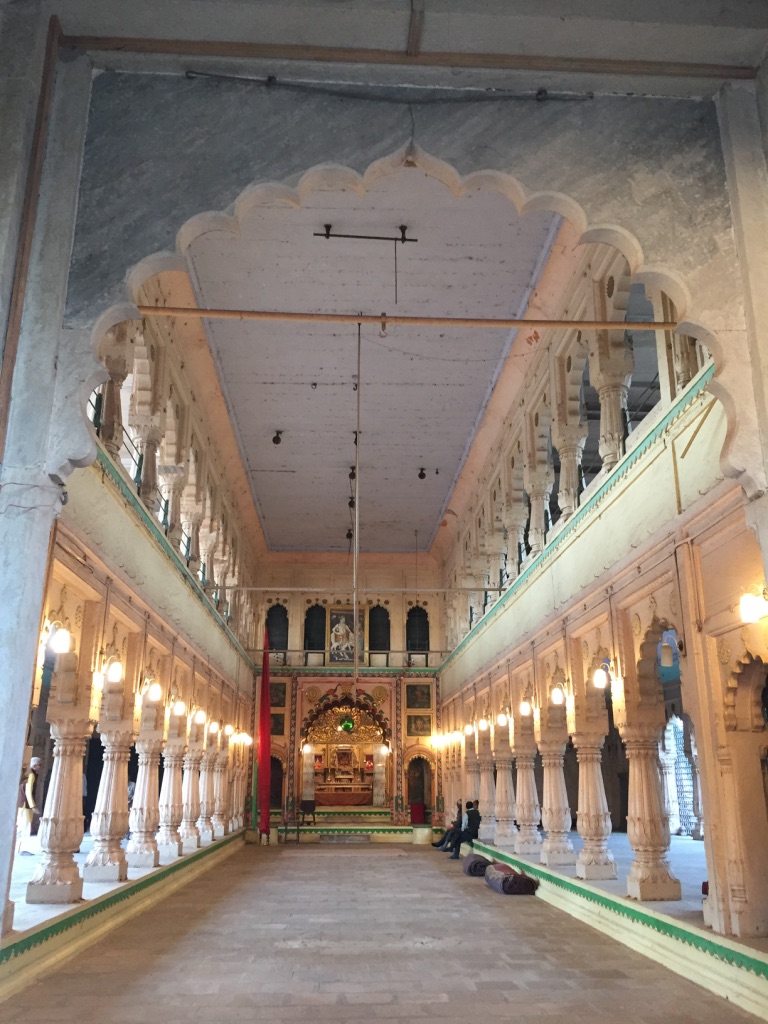
He was born in 1918 in the city of Gwalior in state of Madhya Pradesh, India where his father Gangadhar Shende was a priest in the palace of the Scindias1 in late 1800. Gangadhar Shende was a very learned person having extraordinary knowledge and expertise of Sanskrit-an ancient Indian language. He had mastered four Vedas and six Shastras2. He was there forecalled as ‘dashgranthi’-one who has mastered the ten key branches of learning and praying. Scindias, in late 1800, recognizing his scholarship and knowledge of Vedas, bestowed on him with many awards, one of which was land, not far from the banks of river Krishna. He moved his family there, in town of Rahimatpur, in Satara District of Maharashtra. He built a house, temples and cultivated the land there but his work place remained Gwalior where his distant relatives still live.
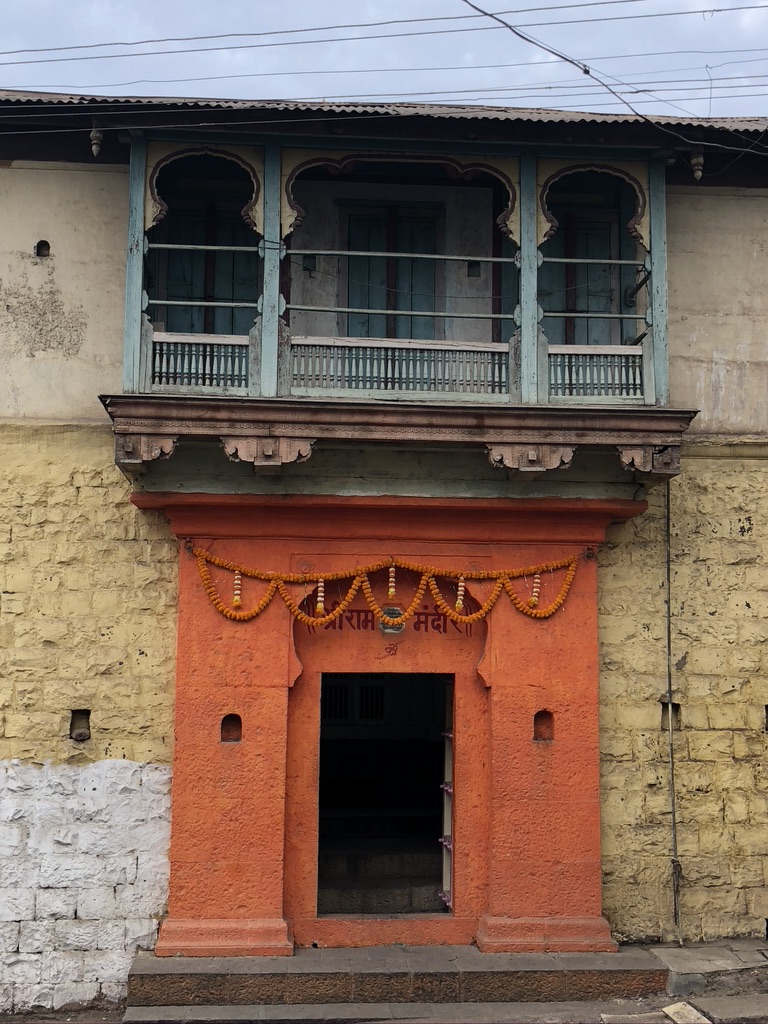
Gangadhar Shende died when Madhavrao was just 5 years old. The family then permanently moved to Rahimatpur and Madhavarao started his education in Rahimatpur and city of Satara. Madhavrao was not cut out for class room education. Rural sports like wrestling, malkhamb (pole acrobatics) attracted him as a child. He was gifted with a soft musical voice and started listening to Indian Classical music. Madhavrao developed into a well built, strong and handsome boy interested in wrestling and classical music – a combination quite rare in those days.
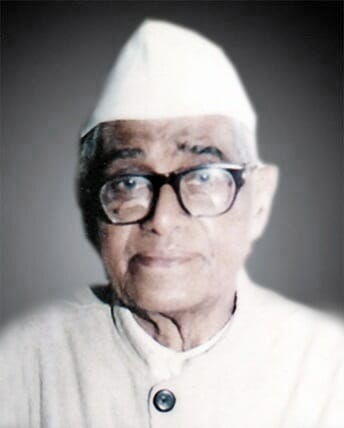
His teacher in Pune praised young Madhavrao’s style of singing and melodious voice. Restless with inner desire for singing and encouraged by teacher’s praise, he started his rigorous practice and learning of the vocal classical music. Though his brothers and sisters in 1930s and 1940s were engaged in higher education, Madhavrao continued his music training in cities like Satara and Pune.
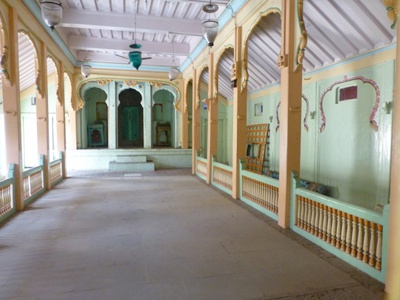
His elder brother Bapusaheb (Sitaram) Shende, a well known and devoted follower of Mahatma Gandhi and dedicated freedom fighter encouraged him to continue his music lessons in Bharat Gayan Samaj3 promoted by Singers like Pandit Bhatkhande and Pandit Bakhalebua. He had opportunity to learn from Master Krishnarao Fulambriar. He used to regularly attend the Bhajans (devotional classical songs) at well known music group of Wadadekar in the city of Pune. He successfully passed the examinations in Bharat Gayan Samaj. It was not easy for him to pursue learning and yearning for music for long due to family obligations i.e. looking after ancestral property and agricultural land. He had to come back to his mother to take care of her and land in Rahimatpur.
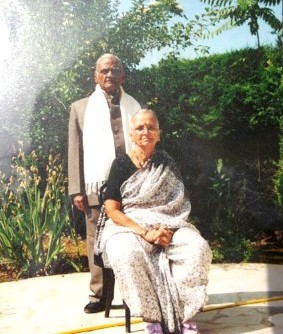
In 1947, Madhavrao got married and shortly after got opportunity to take up a job as Music teacher in city of Nagpur but his mother urged him to stay back to look after the property and agriculture . He consented and got engaged with local traditional singing and taking care of the family’s agriculture when his brothers and sisters were studying in the colleges in nearby cities. In 1950s all the agricultural land came under tenancy act and Shendes lost its ownership. Madhavrao continued to give private tuitions in Music.
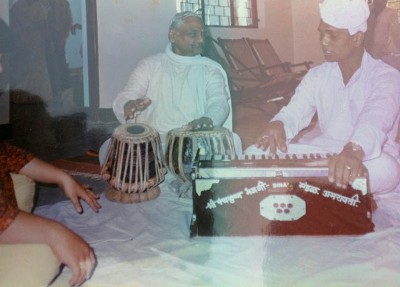
Madhavrao was expert in harmonium, tabala, and vocal music. He could teach any musical instrument like flute and sarangi even though he did not play them. But what he loved most was Bhajans with the farmers and rural folks. He would teach music during the day and would enjoy the Bhajans in the temples in the night. He was invited on All India Radio to render the performance in Hindustani Classical Music. Many of his disciples around Rahimatpur which included, farmers, doctors, engineers developed strong bonds with Madhavarao not only as committed music teacher but an honest person with gentle manners.
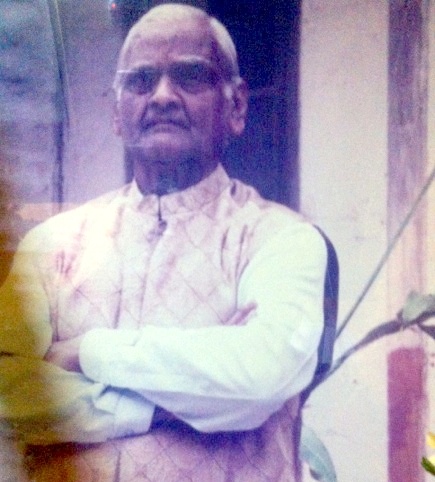
Madhavrao did not exude scholarship and erudite personality in traditional sense like his father who was well known as expert in reciting Vedas and puranas. , He however mastered the ethereal music and combined it with hard work by toiling in the agricultural field. Madhavrao always kept distance from the world that engaged in the fierce competition to acquire material wealth. None of his four children were music performers but took interest in understanding and appreciating the Indian classical music. On 12 March 2005 he left for ever to listen and feel that heavenly music leaving behind his fond memories. His son Rajendra Shende, along with his brothers and sisters decided to hold annual Choundeshwari Music Festival in the town of Rahimatpur . He also started the training centre , known as ‘ Kaladalan’ , for teaching Indian Classical Music to all.


